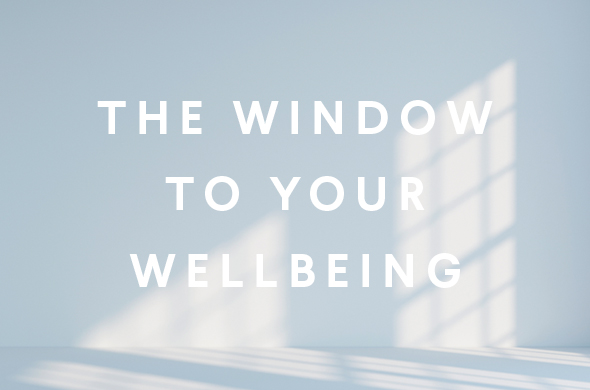There should be no shame or embarrassment when it comes to something as natural and primal as pooping. Yet in our modern day culture, poop is still considered taboo, causing us to go to the bathroom only when it’s empty, waiting to go until you get home, or continuous flushing to avoid anyone from hearing. There is even a gender divide in the bathroom sphere, “Women tend to be more disgusted than men by bodily waste, more censorious of flatulence, more concerned about concealing their smells and sounds during bathroom visits and more likely to wash their hands afterward.”

Your poop is the window to your wellbeing. Your stool is a living forest, with hundreds of microbe species thriving inside of you. Microbes are microscopic forms of life that live within and around us, the most common are bacteria, viruses, and fungi. Some microbes make us sick and others are important for our health, they are key players in our body’s ecosystem.
The History
Think of your poop as the window to your wellbeing. In Chinese medicine, health diagnoses were based on the shade, size, and texture of feces. This was also practiced in Egyptian and Greek cultures.
The Science
Poop is the natural way your body gets rid of solid waste and toxins. After your food has made its way through the stomach, it will move to the small intestine where much of the liquid and nutrients will be absorbed. After this, the food moves onto the large intestine (the colon) where more nutrients and liquid are absorbed. This is where your waste solidifies. “Key to this process is the hundreds maybe thousands of bacteria resident in the colon – both ‘good’ and ‘bad’ – which collectively make up the gut flora.”
Why Being Regular is Good
Poop varies greatly per person. Anywhere from a couple times a day to a couple times a week is considered normal. On average, most people usually poop between once or twice per day. Pooping times can be affected by diet, stress, exercise, and hydration. Women’s pooping is also affected by their menstrual cycles.
If you think your poop schedule is out of whack, your diet may be the culprit. To help regulate your poops, try to eat at the same times every day, hydrate adequately, keep your fiber intake the same, and consume probiotics. The probiotics found in kefir can help replenish the gut bacteria that help break down the food. Probiotics may even help ease constipation. One review found that the probiotics with Bifidobacterium strains improved the pooping experience by increasing the whole gut transit time, increasing stool frequency, and improving stool consistency.